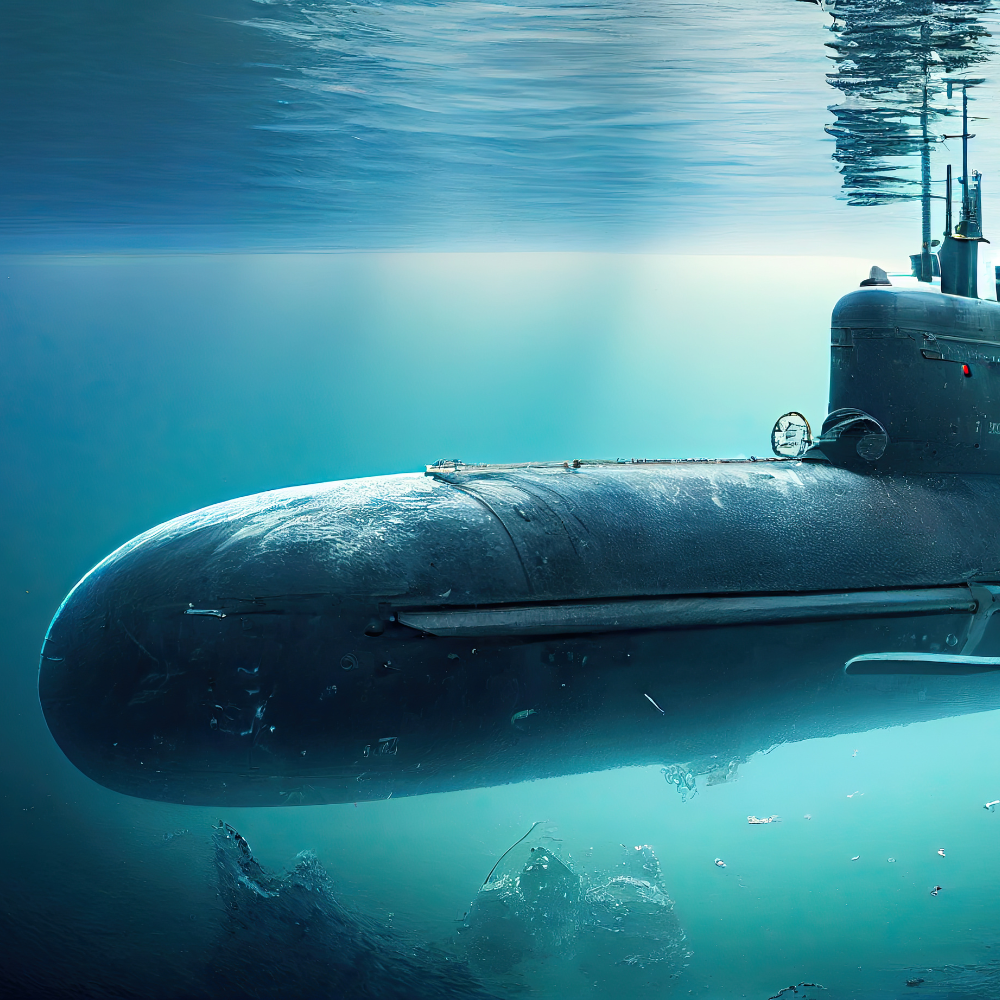
North Korea asserts that it has conducted an underwater nuclear weapons system test in response to this week's exercises conducted by the United States, South Korea, and Japan.
State media reported that the purportedly nuclear-armed underwater drone test was conducted off the east coast of the country.
No additional evidence suggests that the tests were carried out, and Seoul had previously asserted that the North's assessments of the capabilities of the drones were overstated.
On Friday, Japan declined to comment on the allegations.
The North has previously asserted that it conducted demonstrations of its "Haeil-5-23" system, but this most recent occurrence coincides with a recent escalation in North Korean military activity.
It announced the purported deployment of a novel intermediate-range solid-fueled ballistic missile on Sunday.
This followed live-fire exercises conducted during the initial week of January along the maritime border with South Korea. In addition to adopting an increasingly belligerent policy stance and rhetoric, Pyongyang leader Kim Jong Un has terminated a number of peacekeeping agreements in recent months.
State agency KCNA reports that on Friday, North Korea stated that joint exercises by Washington, Seoul, and Tokyo had provoked it to conduct an underwater weapons test.
The exercises were accused of "further destabilising the regional situation" and endangering the security of the North.
The United States, South Korea, and Japan have reportedly increased the number of exercises they have carried out over the past year in response to North Korea's increasingly frequent military actions, which have included numerous launches of new weapons and tests of its nuclear ballistic missiles.
All such conduct violates United Nations sanctions. However, Mr. Kim has stated on multiple occasions that his regime is stockpiling weapons in anticipation of a potential "emergency of war" on the peninsula.
During the period surrounding the New Year, he announced significant changes in the posture of his regime towards South Korea.
The North unveiled what it claimed to be its first nuclear-capable submarine in September of last year.
It also asserted that it has conducted Haeil system testing since March 2023; Haeil are unmanned, underwater, nuclear-armed drones. The Korean word for "tsunami" is "haeil."
The claimed performance of these weapons is unknown, but North Korean media have depicted them as capable of infiltrating hostile waters and detonating massive underwater detonations.
If the weapons operate as described by the North, they would be considered less significant than the regime's nuclear ballistic missiles, according to analysts.
According to Ahn Chan-il, a former North Korean defector-turned-researcher at the World Institute for North Korea Studies, the weapon is not yet developed to the point where it could constitute a significant threat, given North Korea's current state of defence science.
Pyongyang, which had previously failed to launch a spy satellite into orbit, declared late last year that it had accomplished the feat. It has since pledged to launch three more spy satellites this year.
The satellite's operational status has not been independently confirmed as of yet. However, South Korea asserted that the North successfully launched its satellite with assistance from Russia, which reportedly supplied the North with armaments for its conflict in Ukraine.
A year ago, Mr. Kim engaged in prominent encounters with Vladimir Putin, the leader of Russia, and Sergei Shoigu, the minister of defence.



